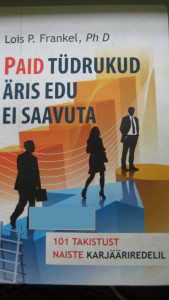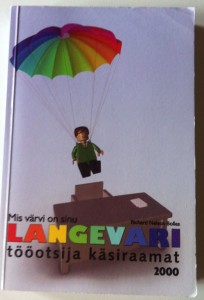Mõistmine, et kõik elutud materjalid vananevad, on oluline samm inimese vananemisprotsessist arusaamise teel. Me ei vanane elamise tõttu, see on lihtsalt “olemasolemise” kaasnähtus. See on universaalne põhimõte. Raamatud, õlleklaasid, kummilindid ja nõudepesumasinad vananevad isegi siis, kui neid pole kunagi kasutatud. Aja möödudes võimendavad materjalikahjustused üksteist ning nii lähevad asjad kergemini katki ka väga kerge surve peale. See ei erine kahjustustest, mis tekivad kudedes, millest on tehtud elusad organismid. Need kahjustused põhjustavad inimesele haigestumist ja nõrgaks muutumist ning lõpuks surma. Vananemise üldine definitsioon võiks olla selline: aastate jooksul muutun miski või keegi järjest õrnemaks või haavatavamaks ning läheb katki või sureb ka välise stressi tõttu.
lk 19






